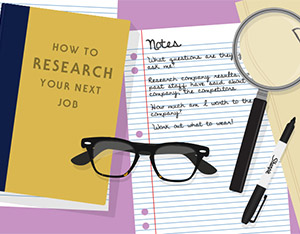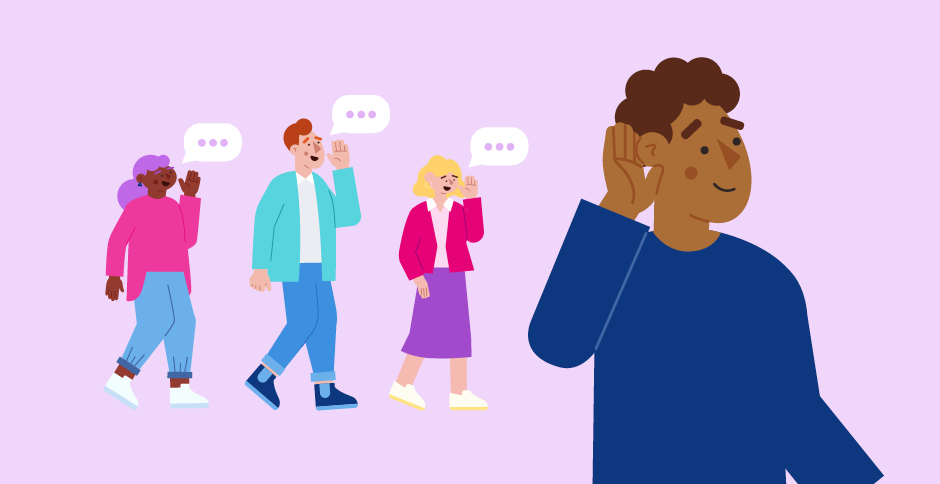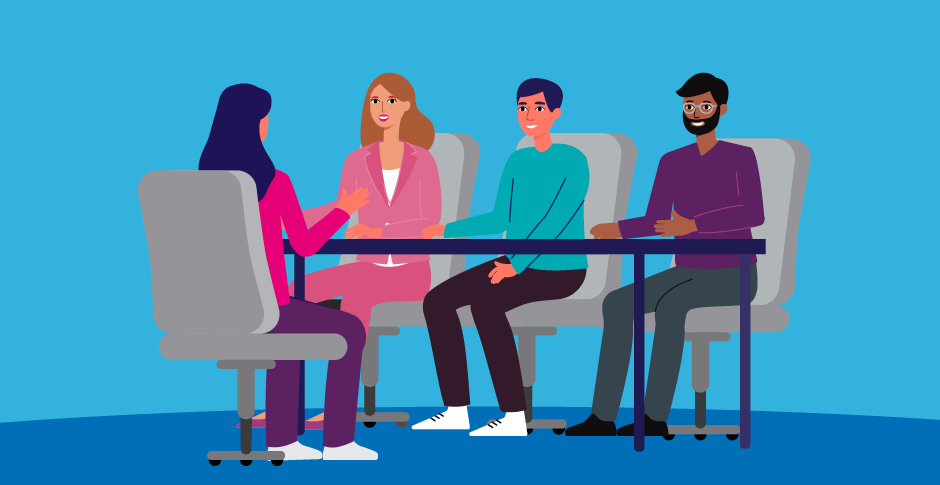The interview. This is where the real action happens. Presumably, to this point you have applied for the job, sent in a fabulous resume (perhaps accompanied by a winning cover letter) and you have done well enough so far to get an interview.
You know that there are certain to be other candidates besides yourself and you probably all look good on paper. So from this point, the one who interviews best is the one most likely to get the job.
What can you do now, to make sure that your interview is the one that stands out in the interviewer's mind? How can you stand out from the job-seeking crowd?
Think ahead to get ahead
The first thing you need to do is plenty of research. Find out everything you can about the company you wish to work for. Become an expert on its history, its people, its customers and its opposition. If possible, find out as much as you can about the person doing the interview. Make sure that if a question about the business comes up, you know the answer.
You may also want to prepare some questions of your own. What would your specific responsibilities be? What are the reporting relationships? What resources are available? What are the criteria for measuring success?
Try to pre-empt some of the questions you might be asked. Talk to friends or colleagues who have interviewed well before and find out what sorts of common questions they have been asked (and what sort of answers they have given). Can you tell me a situation in which you had to use your initiative? Have you ever been in a leadership position, and how did the people you led respond to you? What would you say is your biggest strength and your biggest weakness?
It always pays to give context to your answers. In other words, show how what you have done in the past will benefit the job you are going for. It's not good enough to just list your achievements if they don't have any positive bearing on the position you are interviewing for.
Think of the interview as a performance. You wouldn't go on stage without rehearsing, would you? So grab one of your friends and get them to interview you. Give them the questions you think you might be asked, and practice giving job-winning answers to them. You will find that the real interview will be much easier if you have already had it!
Think of the interview as a performance. You wouldn't go on stage without rehearsing, would you?
And finally, before you go to your interview, make sure that you are dressed and groomed appropriately. Different types of companies have different expectations and requirements in this area, so that should be part of your research too.
Interview time - you're on!
OK. You've done your research thoroughly, now it's time to dazzle them.
Make sure you are on time. It is much better to be early and sitting in reception for a while, than to be frantically running late. Believe us when we tell you, that all of that work you have done in preparing will fly out the window if you are all flustered.
When you meet the person or people who will be interviewing you, smile and shake hands firmly. Be confident, but not cocky.
If they want to engage in a bit of small talk first, then by all means chat away. But don't initiate it yourself. Some people like to get straight down to business so you should follow their lead.
If you're nervous, it is sometimes best to just be honest and tell the interviewer. Most people will understand that a job interview is a fairly stressful situation. If you try and cover it up it can often give the wrong impression.
It is hard to predict exactly what the tone of your interview will be, as that is in the hands of the individual interviewer. However, most people appreciate:
- Warmth
- Brevity
- Honesty (Never lie. You WILL get caught out)
- Rapport
- Energy
- Enthusiasm
- Clarity
On the other hand, it is always best to avoid:
- Being over-friendly
- Not listening to the questions properly
- Being poorly prepared
- Slouching
- Mumbling
- Impoliteness
Say thanks
Like most of life's encounters, it is what happens last that will leave a lasting impression. So say ‘thank you' at the end of the interview.
If you think that there were some points that didn't shine through enough in the interview itself, or of you just want to remind them how well it went, consider sending a follow up e-mail.
We hope that this advice will serve you well at your interview. If you remember just one word from all that we have shared with you, that word should be PREPARE.



